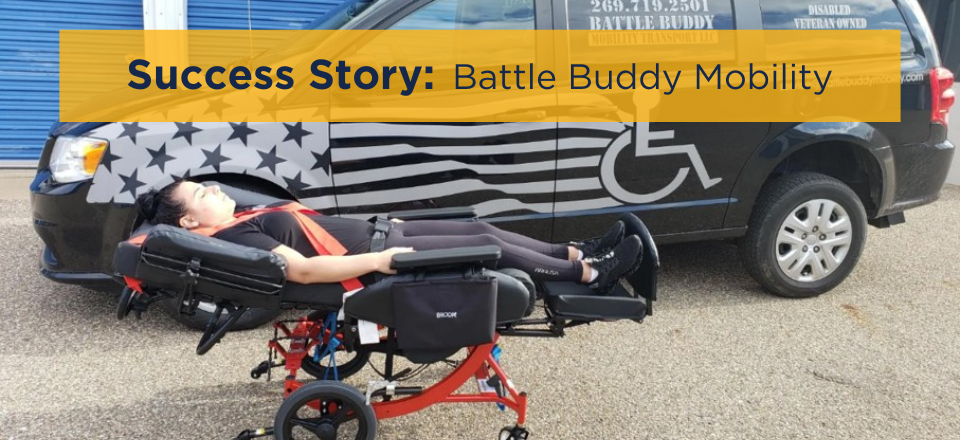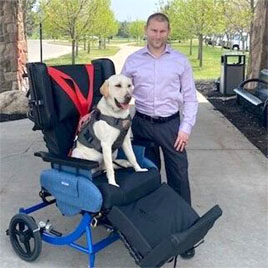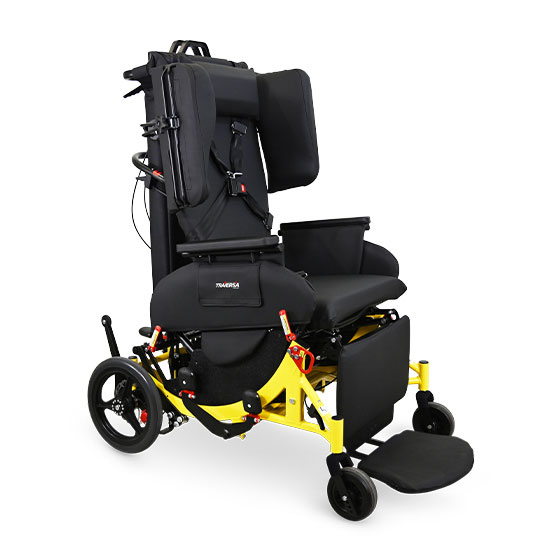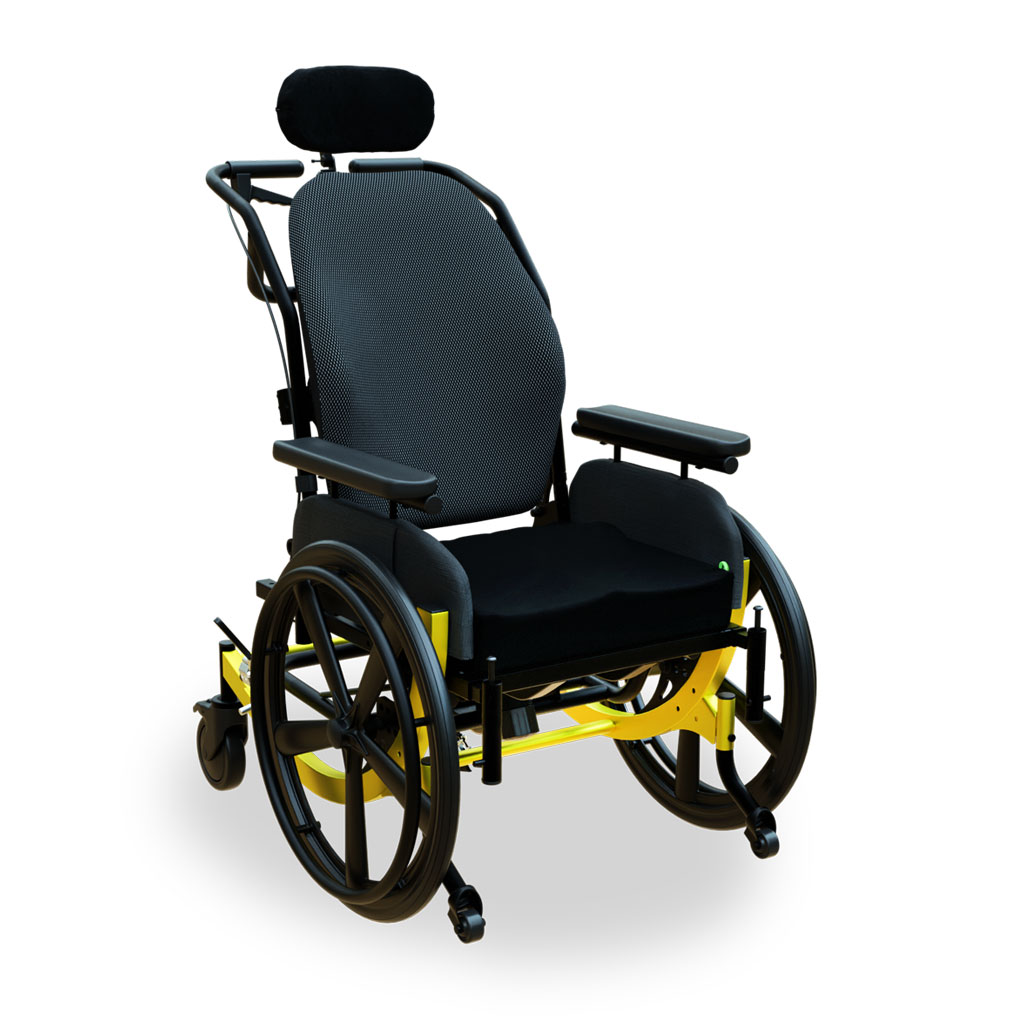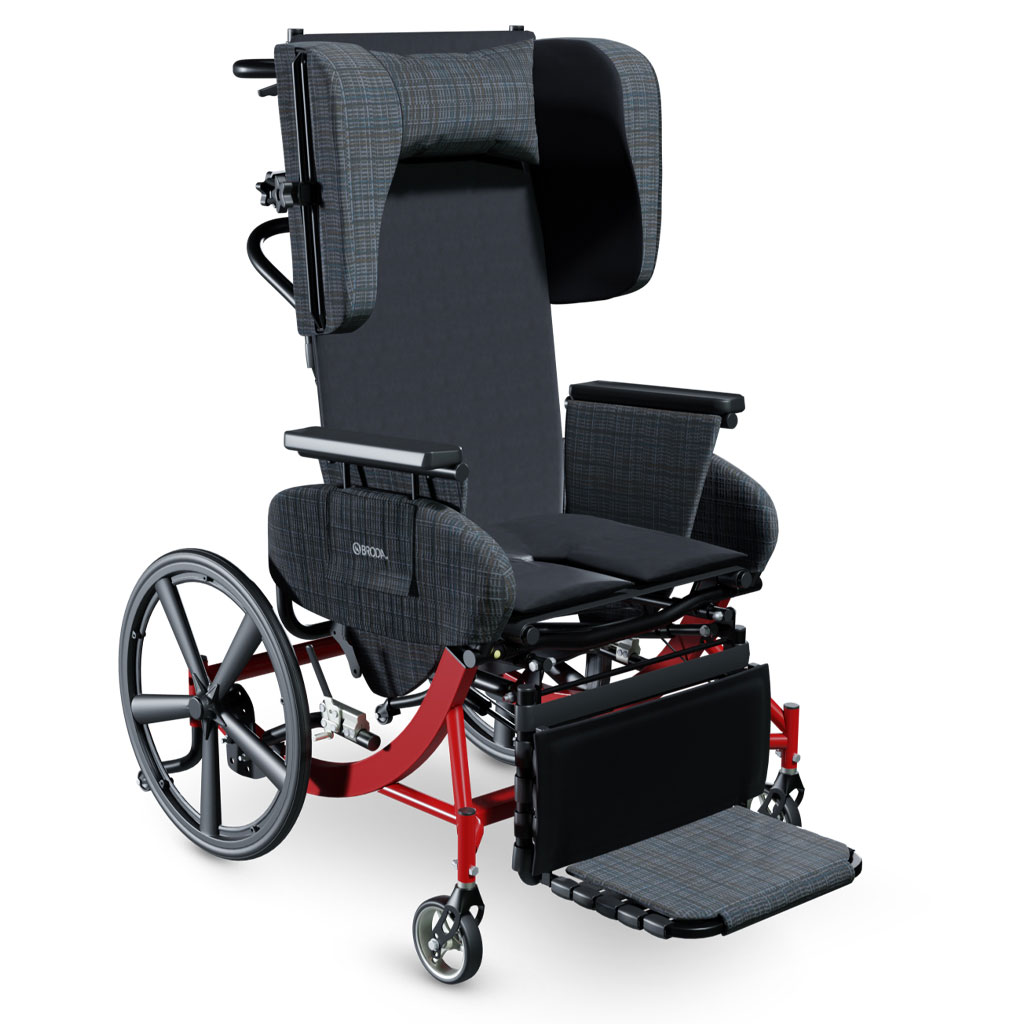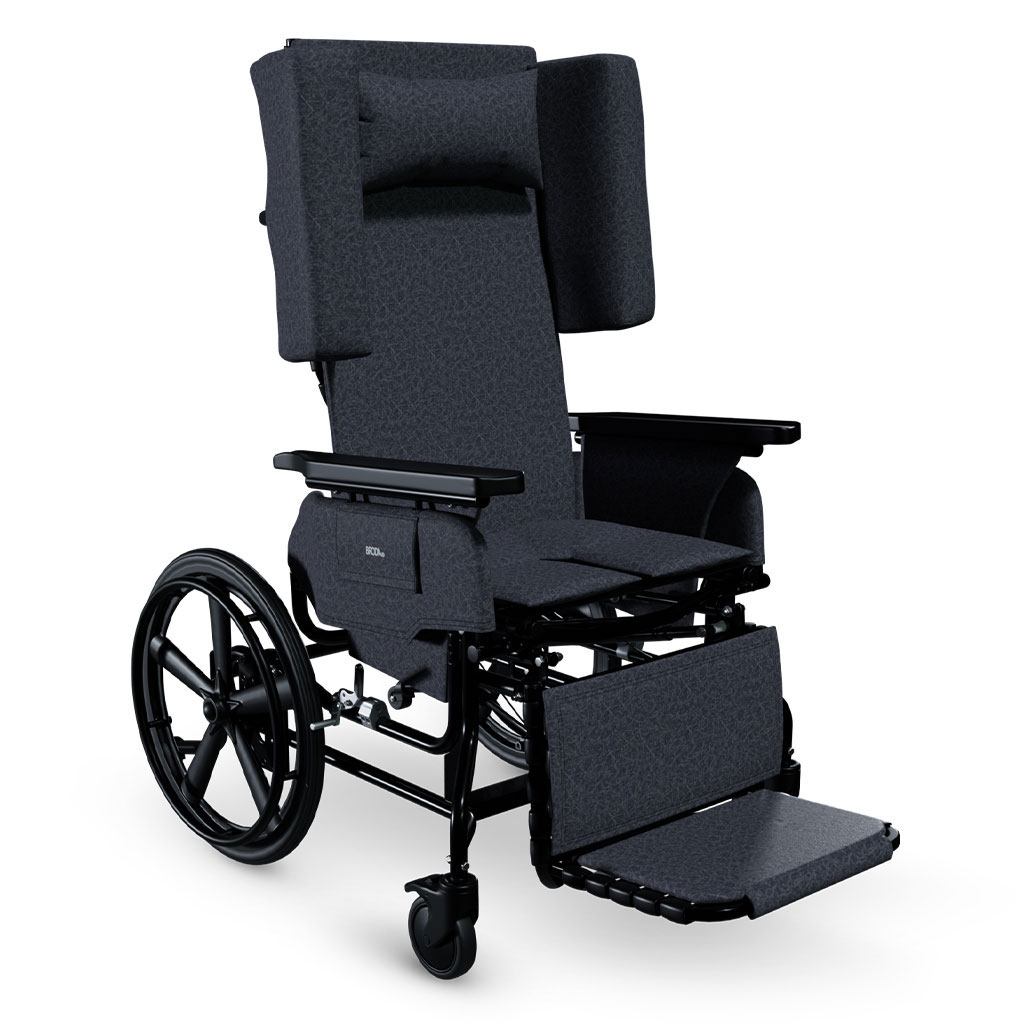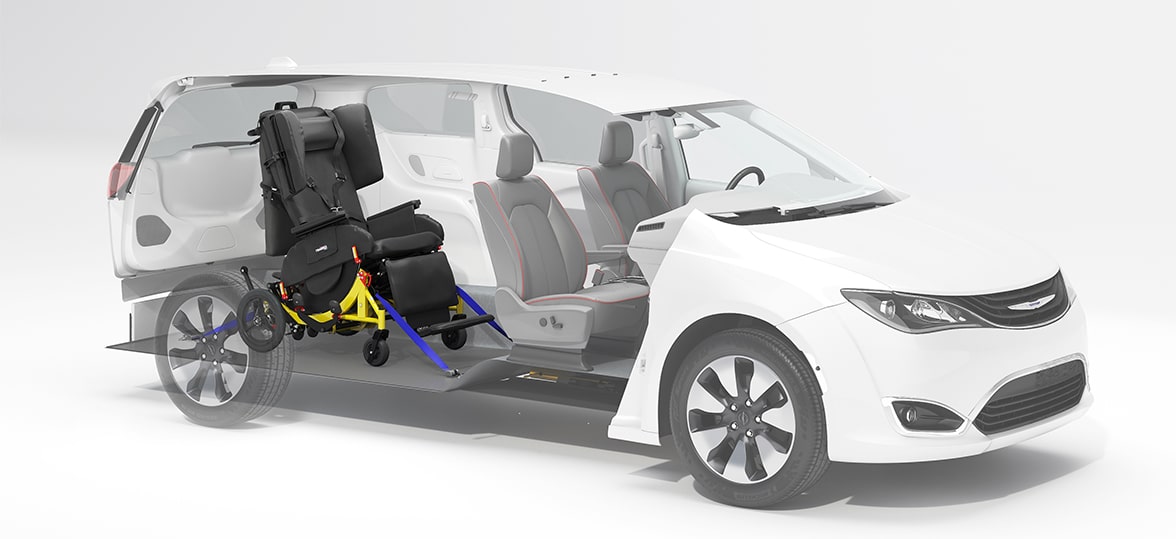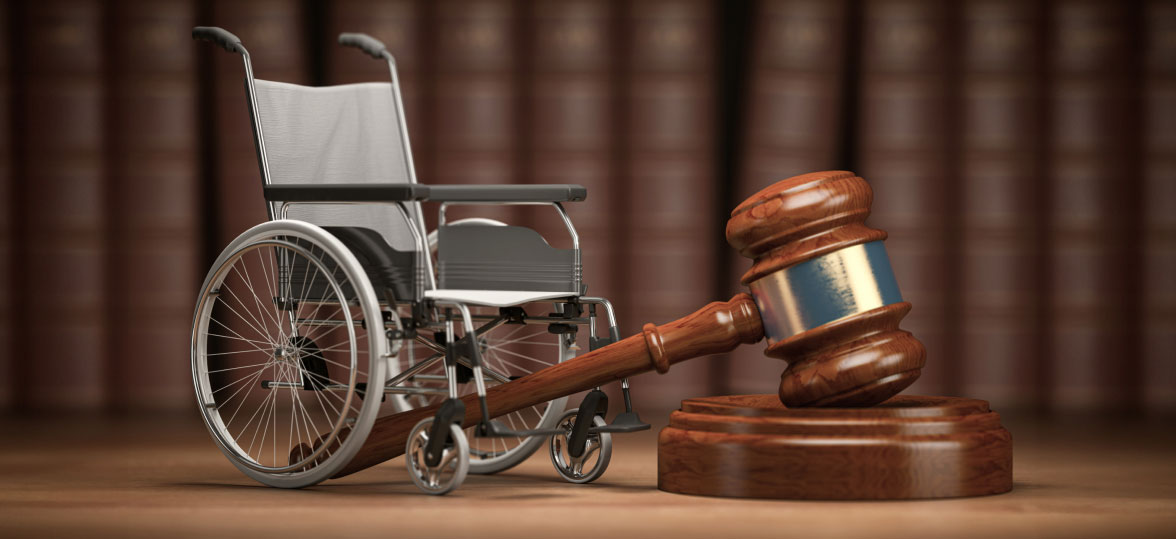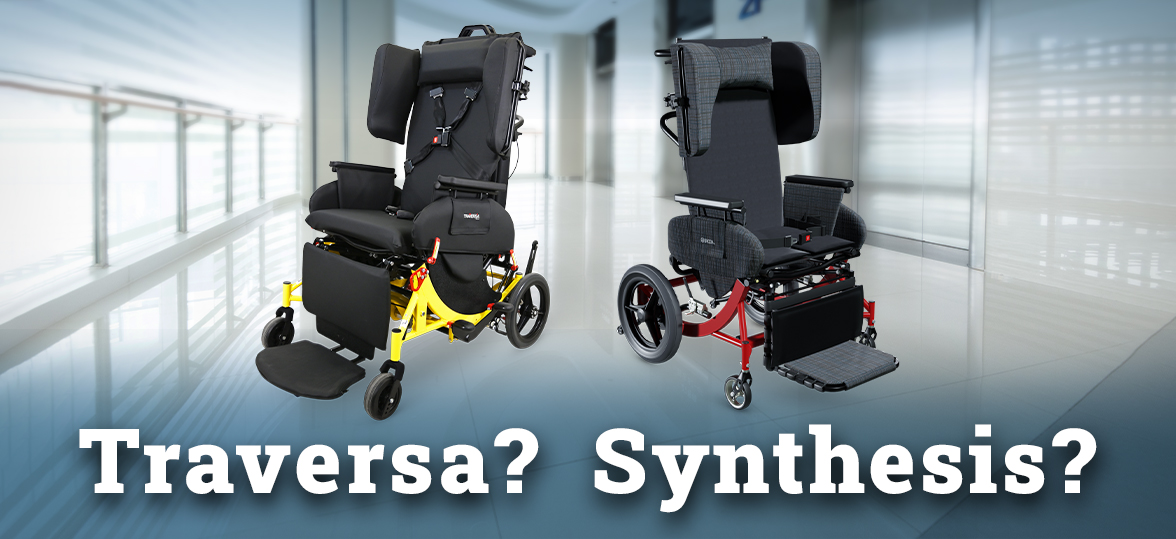A Disabled Veteran with an Idea
Kevin Hedrington knows what it’s like to experience accessibility challenges. As a disabled veteran, Kevin was denied the ability to bring his service animal to work. That frustration inspired him to start his own business to alleviate these difficulties for others. What was the idea? Friendly, reliable, non-emergency medical transportation for the people of his home city, Battle Creek, Michigan.
Medical transport is a subject close to Kevin’s heart. From childhood, he wanted to be a firefighter and EMT. In 2001, Kevin joined the United States Marine Corps and served as an Airport Rescue Firefighter and Emergency Medical Technician. During his eight years of service, Kevin served a combat tour to Iraq as an advisor to the Iraqi police. After his honorable discharge from the Marine Corps in 2009, Kevin earned his Paramedic license and became a full-time firefighter/paramedic in his local community. He has experience as a licensed instructor teaching college-level courses for Medical First Responders, EMTs, and Paramedics. He also holds degrees in Fire Science, Emergency Medical Services, and Healthcare Management.
Noticing a Need
As Kevin served in his Paramedic and EMT roles, he noticed that ambulance transportation seemed uncomfortable, expensive, and inconvenient for his patients. He thought there should be an easier way for people with disabilities to travel to their medical appointments without needing to call an ambulance and suffer through long rides on a flat, often unstable gurney. Furthermore, Kevin noticed that unfortunately, many of his patients were all alone during their trips. In response, he started Battle Buddy Mobility Transport.
About Battle Buddy Mobility Transport, a Broda Wheelchair Case Study
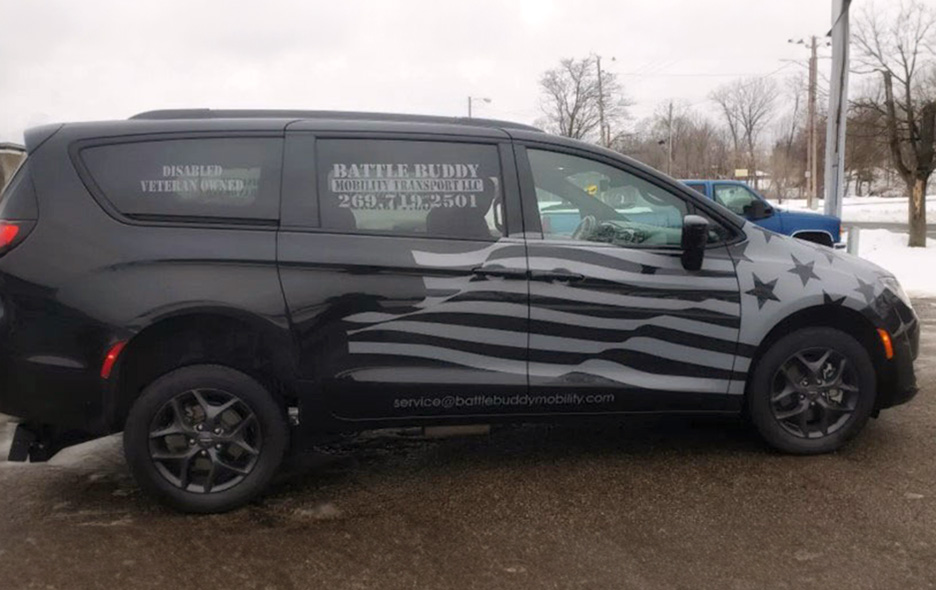
In the military, “Battle Buddy” is a term that pairs individuals together to make sure that nobody is left out or left behind. Kevin’s philosophy on wheelchair transport is much the same. He and his team strive to be friends with all their passengers by offering kind conversation and exceptional service. Battle Buddy Mobility Transport provides 24-hour ambulatory aid and wheelchair transportation to and from doctor’s appointments, nursing homes, rehab and therapy facilities, churches, and anywhere else a person may want to go.
Finding the Right Transport Wheelchair
When Kevin began planning for his non-emergency medical transportation company, his first inclination was to try to use the familiar stretchers he used as an EMT. This was where he encountered his first obstacle. The state of Michigan, where he operates, does not allow stretchers for non-emergency medical transport. So, Kevin searched for another option.
Kevin’s Choice: The Synthesis Transport Wheelchair
After discovering Broda, Kevin chose to purchase the Synthesis Transport Wheelchair for his fleet. He loved how the Synthesis Transport is crash tested and WC19 certified1 to the highest safety standards for wheelchair travel. Kevin also found the Synthesis Transport to be wonderfully comfortable.The Broda Comfort Tension Seating system® comes standard on the Synthesis Transport. This system molds to the seated person’s body, creating an immersive seating experience that remains comfortable, even over long-distance trips. This wheelchair also dramatically reduces the physical strain on NEMT operators, by making it a one-person job to transfer the passenger from their seat or bed to the wheelchair.
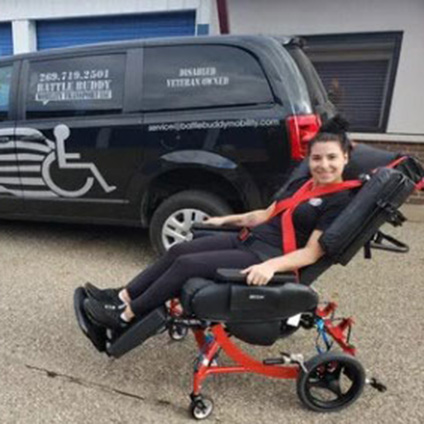
A Cost-Saving NEMT Seating Choice
Apart from being safe, convenient, and easy to use, the Synthesis Positioning Wheelchair excited Kevin because it is less expensive than other transport solutions. Plus, Broda wheelchairs helped Kevin save money on labor costs. While gurneys require two operators, the Synthesis Positioning Wheelchair only requires one. This results in more efficient use of employees, increasing trip bandwidth. These wheelchairs also save time by rolling into the vehicle easily, with no lifting required. They maneuver through homes, doctors’ offices, and skilled nursing facilities in ways that a gurney or stretcher simply cannot. Additionally, Broda wheelchairs save on long-term equipment costs with extremely durable frames, require less vehicle space, and increase passenger comfort, all resulting in savings for the NEMT operator.

Crash-Tested Transport Wheelchairs for Increased Safety
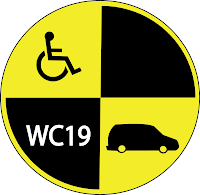
When transporting passengers, safety is Kevin’s number one priority. Vehicle passengers riding in wheelchairs are 45 times more likely to be injured in a crash than a typical passenger.2 Battle Buddy Mobility offers its customers a crash-tested wheelchair that is certified to the full WC19 safety standard for wheelchair transportation.1
When Kevin first entered the industry, he didn’t know that the WC19 certifications existed and was surprised to find out that wheelchairs can be crash-tested. He began to ask himself, “In the event of an accident, what happens to a wheelchair that is not crash-tested?” After searching for some videos online, he saw wheels falling off, frames collapsing, and wheelchairs falling into pieces.
“I remember when my son was born how I looked through all the car seat ratings to choose the best option. We have no such rules, regulations, and laws for transporting adults with disabilities,” he said. It bothered Kevin that people with medical difficulties have no protection for being properly secured in their vehicles. “I knew that was going to be my niche,” he said. “My patients will all be in a secure, WC19-certified wheelchair.” As the only provider offering Broda wheelchair transportation in Michigan, Kevin enjoys being able to meet his clients’ mobility needs with a high-quality and safe seating solution.
“It fits the need for a travel wheelchair at a quality much higher than other WC19 certified wheelchairs”
In addition to using a full WC19-certified wheelchair, Kevin takes other precautions to avoid pitfalls he has encountered in the transportation industry. Primarily, Kevin has seen that some NEMT operators don’t even have an effective method of securing the wheelchair to the floor of the vehicle. He has also seen passengers not using lap or shoulder belts. To combat these unsafe practices with his own team, Kevin has a dedicated training officer who provides quarterly training sessions to teach proper securement techniques.
Building a Business on Safety & Trust with Broda Transport Wheelchairs
With safe, friendly transportation services, the sky is the limit for Kevin and Battle Buddy Mobility Transport. After only a few months of operation, Kevin has exceeded his three-to-five-year plan. He’s expanded his staff and is excited to continue serving the Battle Creek area and beyond.
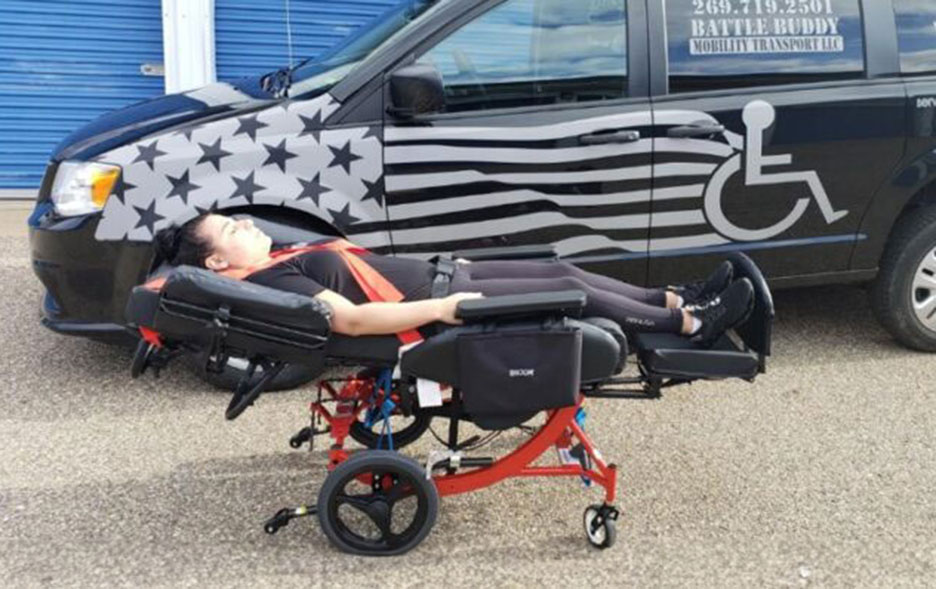
For other NEMT providers hoping to grow their businesses, Kevin wholeheartedly recommends Broda transport wheelchairs. “It’s a worthy investment to remove liability and risk,” he says. Kevin’s advice is to start small, do research, and even try renting a wheelchair to see how it works with your fleet and business model. He also recommends checking state and local laws. “There may be an opportunity for you to be unique in your market with WC19-certified wheelchairs,” and the case study of Battle Buddy Mobility Transport is an example that shows the need in the market. Next, he recommends taking your safety features to your prospective clients and letting them know the benefits of a Broda wheelchair over a traditional wheelchair.
“Be a steward of safe patient handling, as we all should be in this industry.”
References:
- University of Michigan Transportation Research Institute. (n.d.).WC19: Wheelchairs – WC transportation safety. Retrieved September 10, 2021, from http://wc-transportation-safety.umtri.umich.edu/wts-standards/wc19-wheelchairs
- Buning, M. E., Bertocci, G., Schneider, L. W., Manary, M., Karg, P., Brown, D., & Johnson, S. (2012). RESNA’s position on wheelchairs used as seats in motor vehicles. Assistive technology: the official journal of RESNA, 24(2), 132–141.
